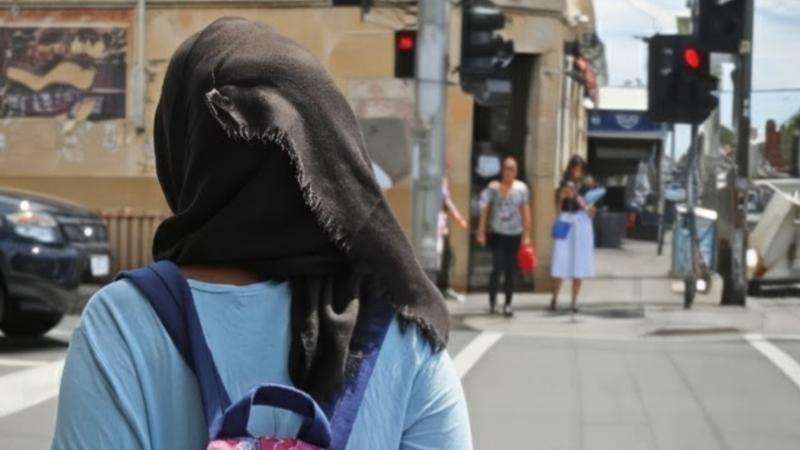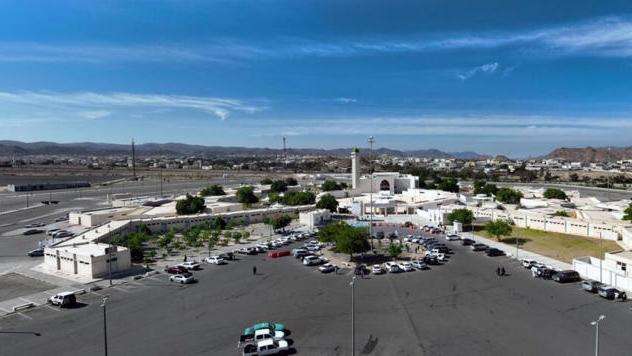After you file your application for a UK visa, caseworkers at the Home Office will check it along with any accompanying documentation and determine if you qualify for the particular category you are asking for. After that, the Home Office will decide whether or not to issue you a visa and will send you a written notification of the result.
The "processing time" for your visa is the amount of time it takes to get a decision. The Home Office strives to provide a decision on the majority of applicants within these predetermined timelines and has established customer service standards for visa processing times.
Home Office customer service standards
Your visa’s processing time starts once you have submitted your application online
and verified your identity either by attending an appointment at a Visa Application Centre (VAC) or by using the ‘UK Immigration: ID Check’ app, and ends when you get an email or letter from the Home Office notifying you of the outcome.
For entry clearance applications submitted from outside the UK, the Home Office aims to process non-settlement applications within
15 working days (3 weeks) and settlement applications within
120 working days (24 weeks) under standard processing times.
However, there are occasions where it may take longer to get a decision on your application. This includes when you need to provide further evidence or attend an interview, and when the Home Office decides that your application is “not straightforward” and therefore it is not possible to decide your application within the customer service targets. If this happens, the Home Office will usually notify you by email.
Current UK visa processing times
We are currently in the midst of an extremely busy period for UK visa applications, as employers and individuals rush to secure visas before higher salary thresholds and minimum income requirements for work and family routes come into effect in April. At present, the department is receiving on average 12,000 entry clearance applications per week.
As a result of this high demand, applicants should be prepared for possible delays to processing times for entry clearance applications, and be aware that the Home Office is applying extra scrutiny during the decision-making process.
Smith Stone Walters is observing a growing number of applications being labelled as ‘not straightforward’ by the Home Office despite all required information and supporting documentation being provided.
In some cases, this has turned out to be a ‘false alarm’ and the applicant has ultimately received a decision within the standard processing times after receiving an email advising them it may take longer. In other cases, delays have occurred even for Priority applications, and requests for further information are becoming more frequent.
According to the UKVI
website, current processing times for applications made
outside the UK are as follows:
- Work visas – 3 weeks
- Temporary work visas – 3 weeks
- Visit visas – 3 weeks
- Student visas – 3 weeks
- Family visas – 24 weeks
- Ukraine visas – 3 weeks
- British National (Overseas) visas – 12 weeks.
Priority and Super Priority services
Depending on service availability and the visa category you are applying under, you may be able to
pay for a faster decision using the ‘Priority’ or ‘Super Priority’ services.
With Priority service, you will usually receive a decision within 5 working days, or 30 working days for Family visa applications from outside the UK. Using the Super Priority service for visa and settlement applications means you’ll usually get a decision by the end of the next working day.
Due to high demand, the Home Office will be making more priority appointments available for customers who wish to utilise this service.
How to avoid delays with your UK visa application
Even when using Priority services, processing times are never guaranteed and paying for a faster decision does not mean your visa will be granted.
However, if your application is urgent, Smith Stone Walters advises applicants to use the Priority and Super Priority services where available.
Most importantly, avoiding visa delays largely comes down to the quality and accuracy of your application. We strongly recommend double checking you have provided all the required information and supporting documents with your application, and that all details provided are correct.
Missing or incorrect information is a leading cause of visa processing delays and refusals and is often avoidable. Getting your application right the first time will give you the best chance of securing visa approval as quickly as possible.



_7.jpg)



.svg)

